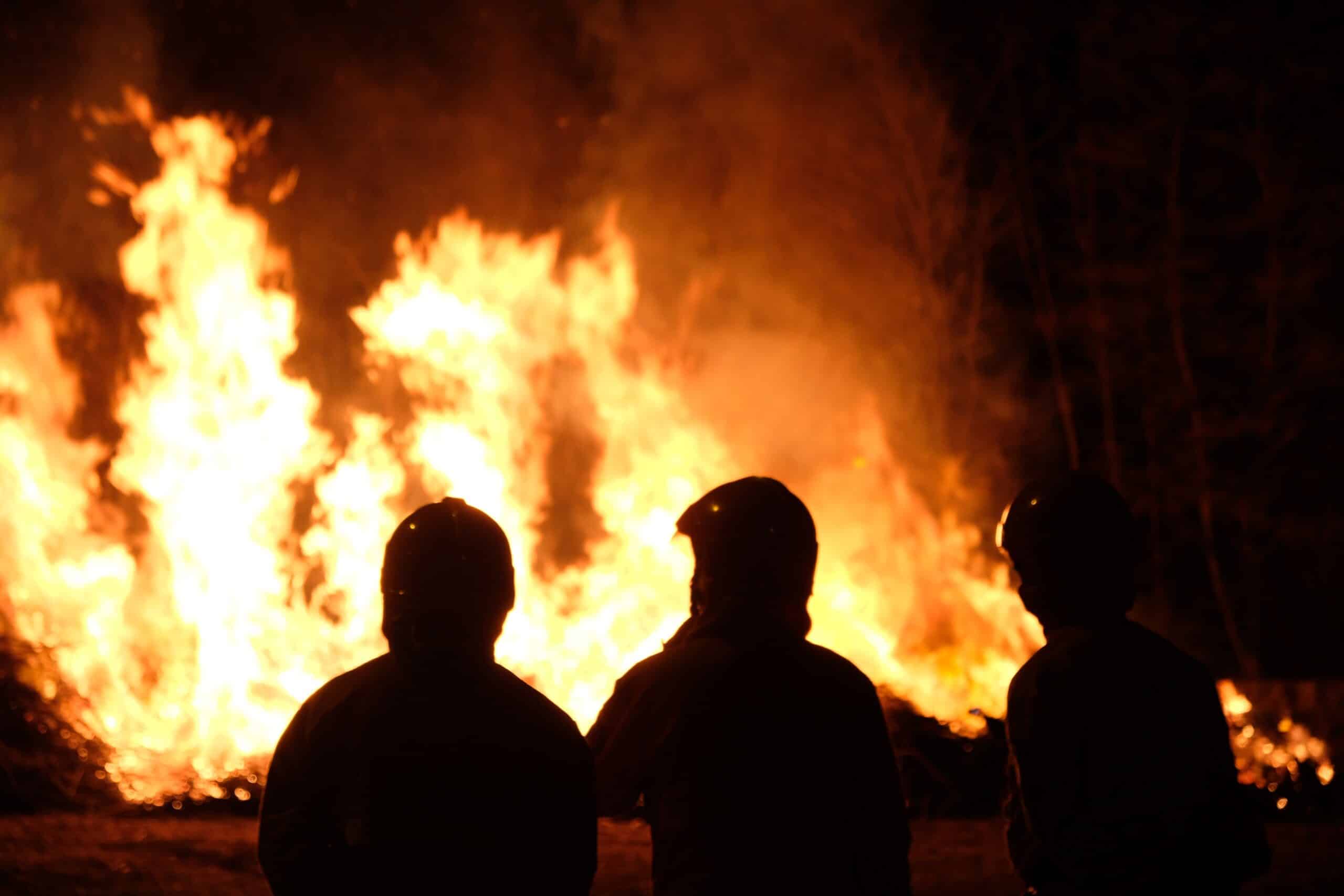Just one night of interrupted sleep can lead to an uncomfortable day. Science shows that chronic sleep deprivation can lead to both short-term and long-term health, wellness, and safety concerns, especially for construction workers. It can take up to two weeks to recover from one lost night of sleep. A study from the National Safety Council showed 13 percent of work injuries can be traced back to sleep deprivation. Figures from the National Sleep Foundation suggest that losing sleep increases the risk of getting hurt at work by 70 percent. A Harvard University survey also investigated workplace insomnia and found that more than a quarter-million job-related injuries and mistakes were related to lack of employee sleep.
These statistics show how dangerous it can be for construction workers who have not slept well or whose colleagues are suffering from lack of restful sleep. Construction work tends to be more dangerous than other types of work. Adding loss of sleep to the mix can lead to fatalities.
How Pervasive is Sleep Deprivation Among Construction Workers?
Few studies have concentrated on sleep deprivation in construction workers. However, one study found nearly half of construction workers admitted to being tired within the past 90 days; 10 percent said they were tired almost all the time. Those who agreed that they were usually tired said they had trouble functioning at peak levels, both physically and mentally.
This presents an alarming snapshot of what could be happening on any construction job site. If enough workers have not gotten the recommended seven to nine hours of sleep, they could be putting themselves and their co-workers in harm’s way. The Occupational Safety and Health Administration (OSHA) notes that 21.1 percent of work fatalities occur in the construction industry. Those statistics imply that work accidents could be fully or partially linked to sleep deprivation.
What are Frequent Causes of Sleep Deprivation?
Stopping sleep deprivation starts with understanding why it happens in the first place. Although occasional sleep deprivation occurs for numerous reasons, long-term and chronic sleep deprivation usually has at least one cause. One main reason that construction workers may be sleep deprived is an underlying medical condition that has not been addressed. For instance, sleep apnea causes a person to stop breathing periodically during the night. The person does not necessarily wake up during these occurrences, but instead snores loudly in an attempt to bring large amounts of air into the lungs. Patients with sleep apnea often feel depleted and sleep deprived.
Additionally, some workers may move between shifts, which leaves them without a consistent sleep pattern. Shift changes can cause an interruption in the natural circadian rhythm. The result is difficulty staying asleep or feeling tired all the time. During the pandemic, many employees have been working longer shifts than normal due to concerns related to COVID-19. Colleagues may be unable to continue working, which puts pressure on some workers to perform more work than normal. A worker who was accustomed to working an eight-hour shift may now be working 10 or more hours. Extended on-the-job periods can make sleeping more challenging.
An uncomfortable or inadequate bed and mattress setup can also contribute to sleep deprivation. It is recommended that people purchase new mattresses every 10 years. Not everyone invests in a mattress or upgrades as needed. A lumpy, unforgiving mattress can make it hard to get comfortable rest.
How can Sleep Deprivation Affect My Job Performance?
Being sleep deprived can affect the worker’s performance noticeably. It can be tough for sleep deprived employees to remain productive. Because their ability to problem-solve is reduced, they cannot make fast decisions. What should take them only a few moments to do may take much longer. This slows down their efficiency and effectiveness levels. Sleep deprivation can make someone less prone to responding to changing situations. When a worker loses sleep, they may suffer impairments similar to being legally intoxicated. Sleep deprivation can take away a worker’s focus, leaving them with trouble concentrating on the task at hand.
What are Common Signs of Sleep Deprivation?
The symptoms of sleep deprivation can vary by person. They can also mimic signs for other conditions. Some of the biggest indicators of possible sleep deprivation include the inability to respond normally to stressors, bad eating habits, inability to focus on what is happening in the moment, inability to remember big or small details, trouble communicating with colleagues, trouble explaining simple tasks, consistent risk-taking behaviors, complaining of physical discomfort, paranoid behaviors, sudden bouts of anger or giddiness, and balance issues. One of the biggest red flags is falling asleep on the job.
How can I Avoid Sleep Deprivation?
Construction workers who want to avoid problems associated with sleep deprivation can take steps to improve the duration and quality of their sleep episodes. Initially, they may want to speak with a doctor to rule out any underlying medical conditions. After getting cleared by a physician, they should practice better sleep hygiene routines.
Some proven ways to make sleep a stronger priority is to reduce caffeine and alcohol use before bedtime. Construction workers who do not work swing shifts should try to go to sleep at the same time each night, including on the weekends. They should also try to limit any medications that may disrupt sleep. Studies have shown that reducing exposure to screens on devices, such as televisions and smartphones, may also help in improving sleep.
Mount Laurel Workers’ Compensation Lawyers at Kotlar, Hernandez & Cohen, LLC Advocate for Injured Workers
If you were injured in a workplace accident, contact the Mount Laurel Workers’ Compensation lawyers at Kotlar, Hernandez & Cohen, LLC today. We will review your case and advise on the next best steps. Call us at 856-751-7676 or contact us online for a free consultation. Located in Mount Laurel, Trenton, Cherry Hill, and Vineland, New Jersey, as well as Trevose, Pennsylvania, we serve clients throughout New Jersey and Pennsylvania.





